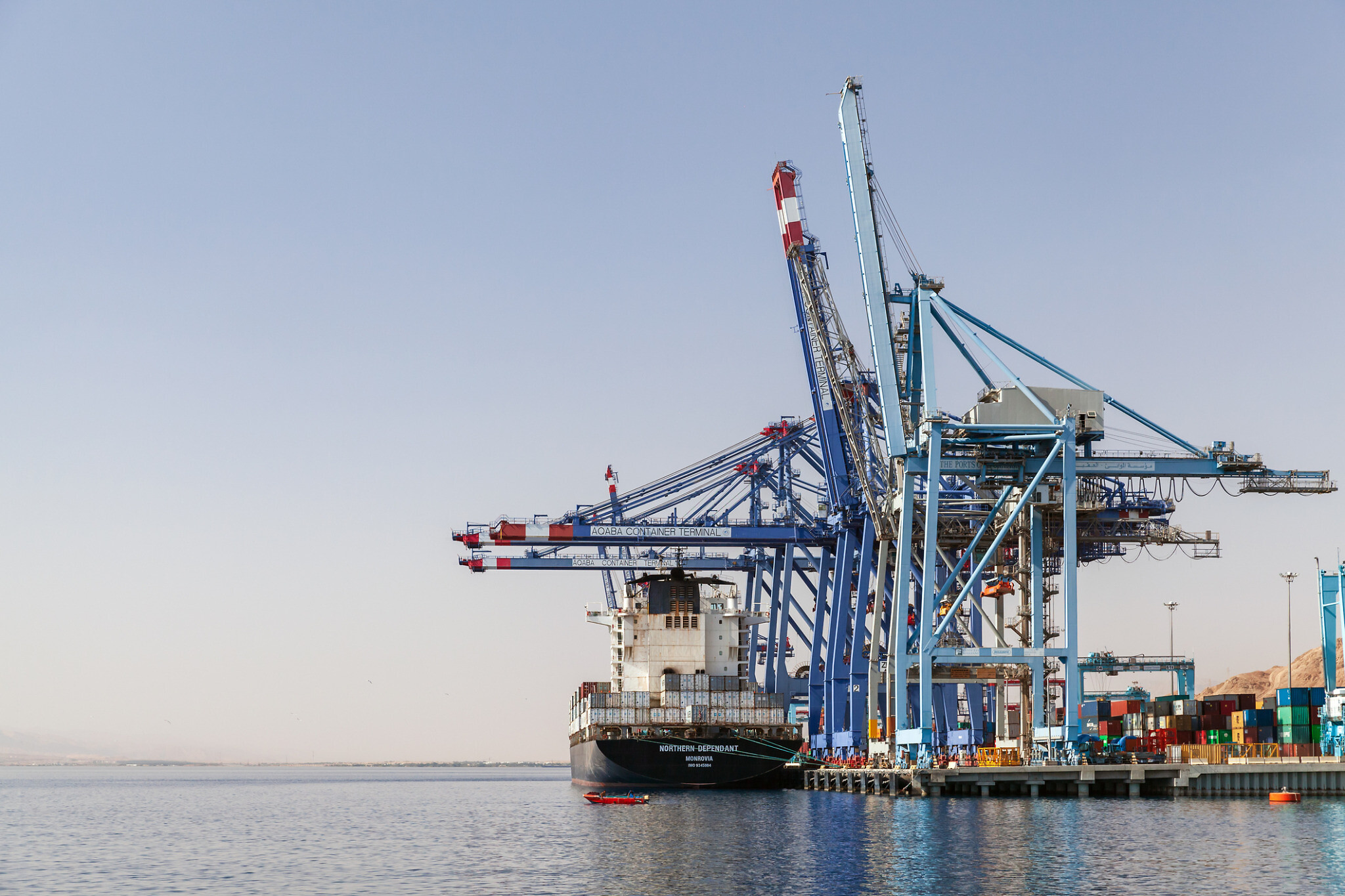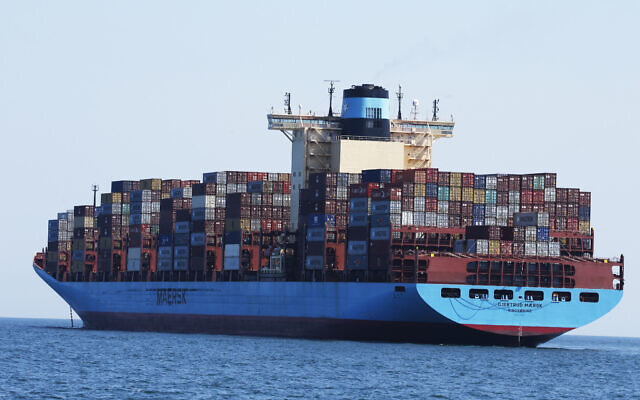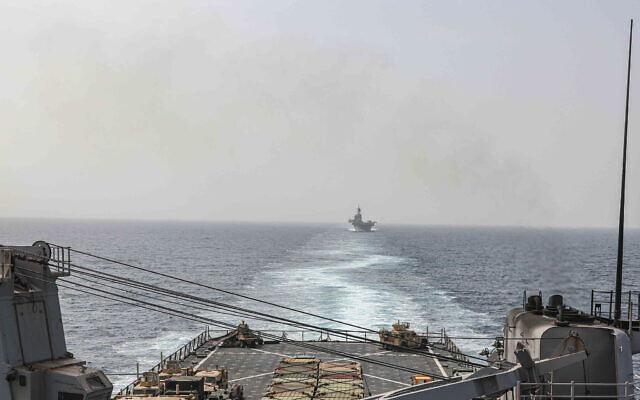



OSLO, Norway — Denmark’s Maersk shipping company plans to sail more than 30 container vessels through the Suez Canal and the Red Sea in the near term despite a weekend attack on one of its ships in the area, a company schedule released late on Monday showed.
But Maersk also put on hold plans for some vessels to use the Red Sea route amid continued risk of attacks by Yemen’s Houthi rebels, saying it would announce the itinerary for each ship at a later time.
Maersk on Sunday paused all Red Sea sailings for 48 hours following attempts by the Iranian-backed Houthis to board the Maersk Hangzhou container ship. US military helicopters ultimately repelled the attack and killed 10 assailants.
The Houthi group, which controls parts of Yemen after years of war, started attacking international ships traversing the Red Sea in November, saying it was a response to Israel’s war against Hamas in the Gaza Strip.
Major shipping groups, including container giants Maersk and Hapag-Lloyd, had last month stopped using Red Sea routes and the Suez Canal, rerouting instead to a longer journey around Africa via the Cape of Good Hope. Other companies announced they would stop servicing Israeli ports.
A US-led international naval coalition to protect Red Sea shipping was announced in late December, leading Maersk to announce on December 24 that it was preparing a return to the Red Sea.
The company has said that its top priority is the safety of crew, vessels and cargo, and that plans are updated “on a vessel-by-vessel basis,” with some set to travel via Suez and others taking the longer route around Africa.
A detailed comparison of Maersk’s latest itinerary with one released last week showed that the company has put on hold plans for at least 17 vessels to travel through the Red Sea.
New plans would be announced at a later time, the company said.
On Monday, Iran’s Alborz warship entered the Red Sea through the strategic Bab el-Mandeb strait, the semi-official Tasnim news agency reported, in an apparent challenge to the Western-backed protection force.
According to the International Chamber of Shipping, 12 percent of global trade passes through the Red Sea, which provides a shortcut past Africa via the Suez Canal.
Israel launched its war to eliminate Hamas after the Palestinian terror group carried out a massive assault on southern Israel on October 7, killing 1,200 people, most civilians and taking around 240 hostages into Gaza, where scores remain captive.
Aside from putting a squeeze on the Bab el-Mandeb strait, Iran-backed groups in Lebanon, Syria, Iraq and Yemen have responded to the fighting in Gaza with missile, rocket and drone attacks on Israel and US forces.
Times of Israel staff and agencies contributed to this report.


